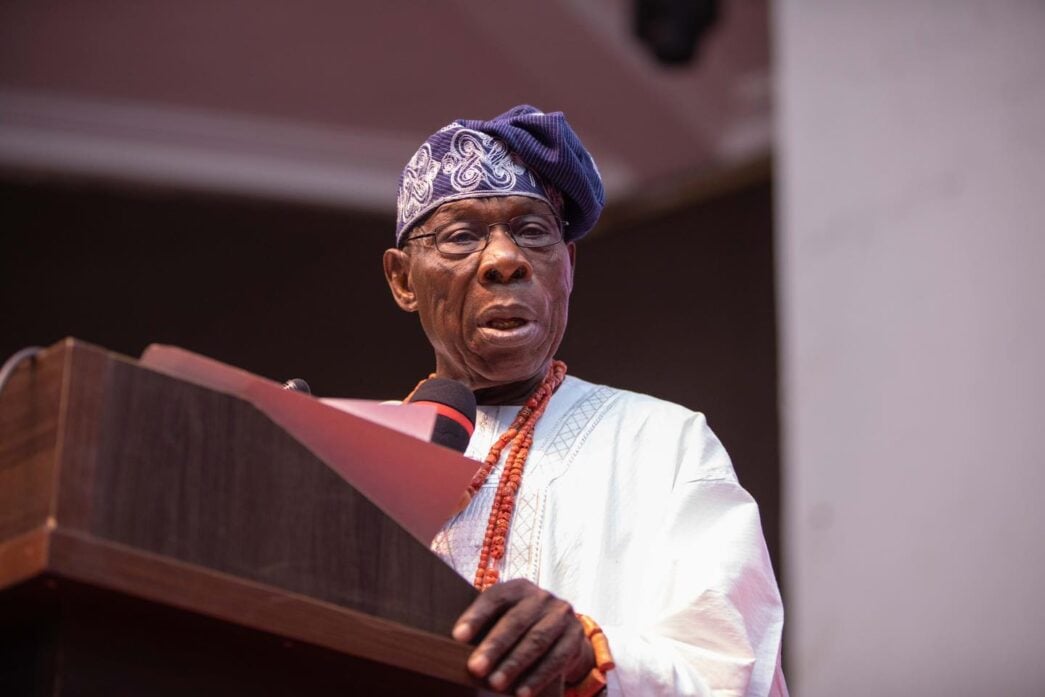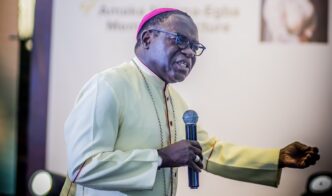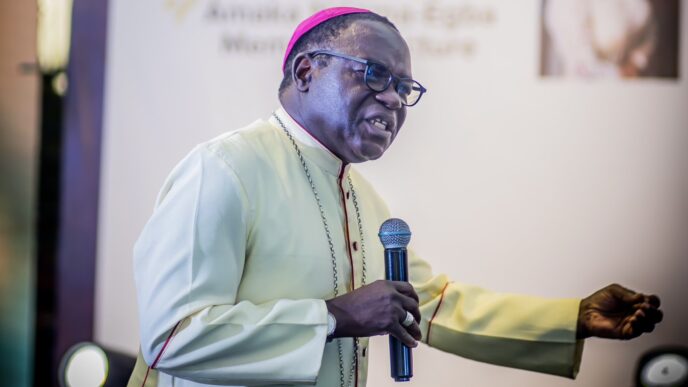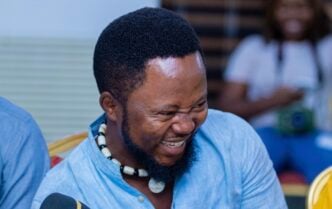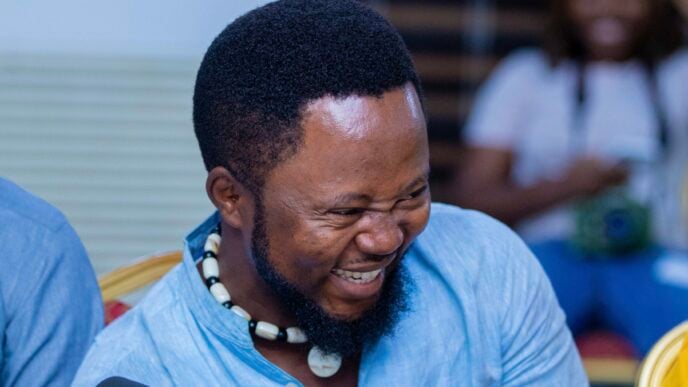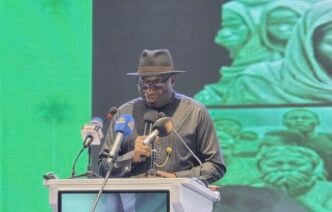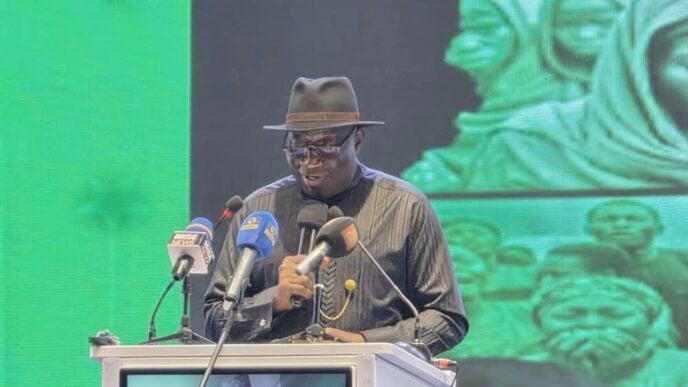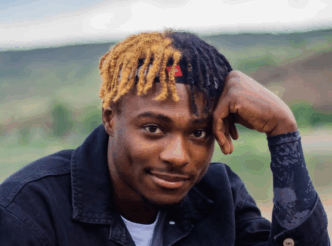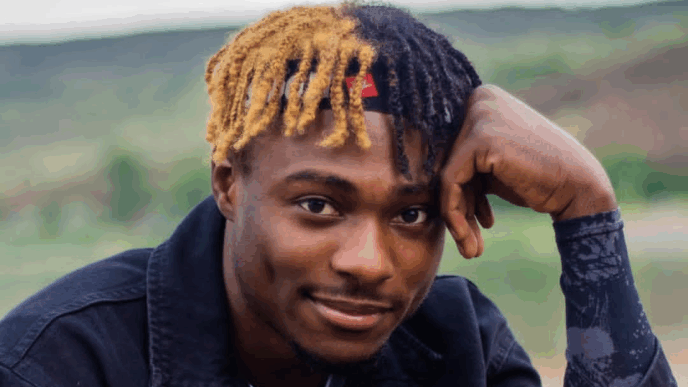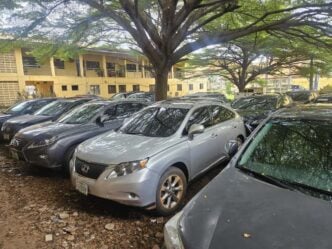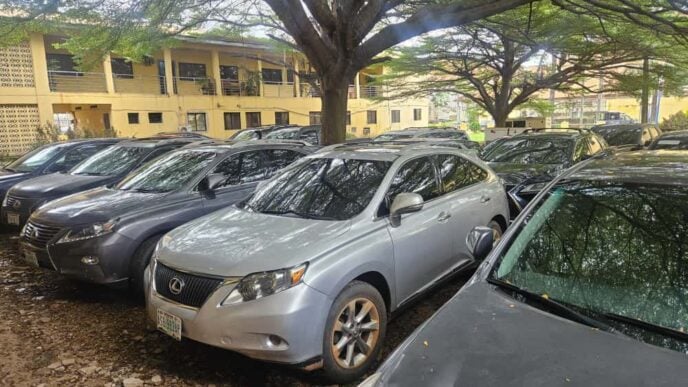Former President Olusegun Obasanjo says Nigeria must embrace a whole-of-society approach to end the Boko Haram insurgency and other security threats.
Obasanjo spoke on Thursday in Abuja at the public presentation of ‘Scars: Nigeria’s Journey and the Boko Haram Conundrum’, a book authored by Lucky Irabor, the retired chief of defence staff.
The former president, who also wrote the foreword, said the insurgency has dragged on for more than 15 years across four administrations, posing one of the most serious threats to Nigeria’s stability.
He drew comparisons with past conflicts — including pre-independence militancy, the Tiv riots, and the 30-month civil war — but noted that Boko Haram has become one of the country’s most prolonged security crises.
Advertisement
Obasanjo recalled visiting Boko Haram members after the 2011 UN building attack in Abuja.
“I went to find out who these people were and what they wanted. I found that they were not really aiming for anything political or religious. In short, they were looking for a better life,” he said.
“Have we understood that? Have we taken the right steps? Should we accept this menace as part of our lives? If not, what should we do? How proactive have we been in dealing with this monster within our country?”
Advertisement
He commended Irabor for documenting his experiences, adding that the book would enrich ongoing national conversations on peace and security.
Obasanjo said Nigeria must interrogate its past to make sense of the present and shape its future.
“The life of any nation has the good, the bad and the ugly. What is important is for us to confront our challenges honestly, look at our past and present, and when it is time to proffer solutions, we must look beyond the ordinary,” he said.
The former president also warned against treating Boko Haram and banditry as separate problems, adding that the two are now intertwined.
Advertisement
“Those who have things to say about Boko Haram do not even know when Boko Haram stops and banditry starts. They are all mixed together. We must begin to do something about it, and we must do it collectively,” he said.
The event was attended by former President Goodluck Jonathan, Muhammad Badaru, the defence minister, service chiefs, royal fathers, senior military officers, lawmakers, and members of the diplomatic corps.

